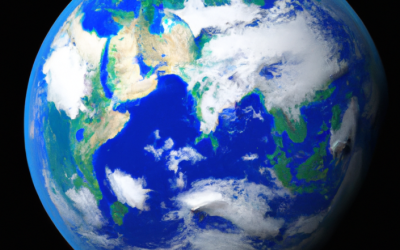THE Irish have leapt into the top tier of the world’s wealthiest citizens after a decade of rampant economic growth and soar away property prices that has transformed household balance sheets in the Republic and created 30,000 millionaires.
The average Irishman and woman is richer than an American, a Briton or a German, according to Bank of Ireland research into the nation’s wealth. Only the Japanese still rank higher in net wealth per head in the bank’s survey of leading OECD nations.
Once the paupers of Europe, the Irish have rapidly moved to a place at the top table. Within just a decade, the personal net worth of the average Irish citizen has more than trebled from €46,000 to €148,000 (£102,000). The Irish are already comfortably ahead of their British neighbours, whose net assets are valued at €137,000 but still chasing the Japanese with an average net wealth of €206,000.
Sales of businesses and property have created a new community of millionaires, which Bank of Ireland reckons number about 30,000, even after excluding the value of their main residence.
Ireland’s wealthy are a new phenomenon, according to Mark Cunningham, head of private banking at Bank of Ireland. “It is first generational by nature, with the vast bulk having been created in the past ten years.”
The main wealth driver is property values, which account for 64 per cent of total assets and have added some €450 billion to the nation’s balance sheet since 1995, an annual capital return of 19 per cent.
The land was not always so valuable; postwar Ireland was an agrarian backwater and remained in the doldrums throughout the 1970s and early 1980s.
Capital transfers from the European Union helped to build Ireland’s infrastructure but the main growth motor has been fiscal reforms introduced in the 1990s and the foreign investment this brought in. Corporate tax rates of 12.5 per cent attracted a host of US multinationals, such as Dell, Microsoft and IBM, who found an educated and at that time cheap, English-speaking workforce.
The workforce is now expensive and Ireland is transformed from an economy dependent on remittances from emigrants to an importer of labour from Eastern Europe for construction and waitressing jobs that the newly rich Irish now shun.
Ireland’s sudden explosion of wealth, the extraordinary property inflation and an escalation in personal borrowing have fuelled fears of a bust. Within two years, household debt in relation to disposable income has risen from 93 per cent to 140 per cent but Bank of Ireland is sanguine about the risks, arguing that Ireland is simply catching up with the indebtedness levels of developed countries.
The country’s unusual demographics more resemble that of an emerging Asian market economy than a European state and Bank of Ireland reckons that the stimulus of a higher birth rate and immigration will keep the Irish economy advancing at a brisk pace. Total household net worth will almost double to €1.2 trillion by 2015, the bank reckons.
THE RICH LIST
Net wealth per head (€)
Japan 205,675
Ireland 148,130
United Kingdom 137,277
United States 128,810
Italy 125,512
France 103,476
Germany 90,462
Canada 85,147


